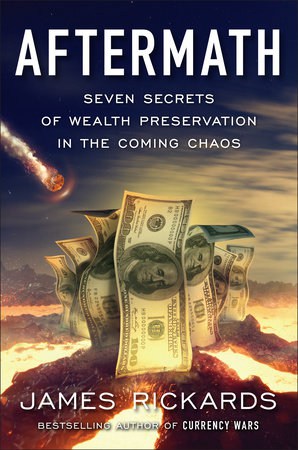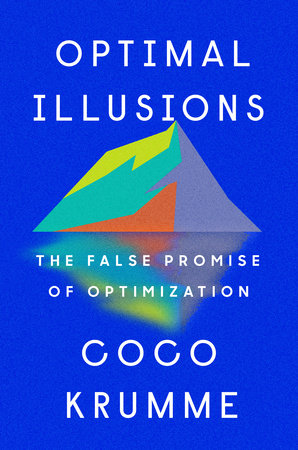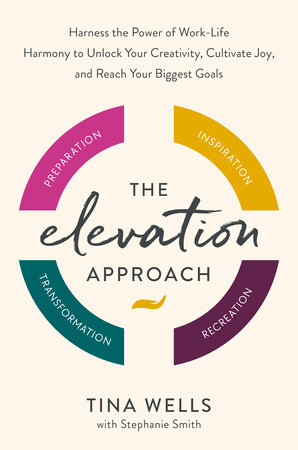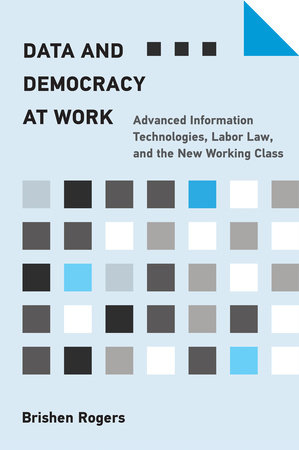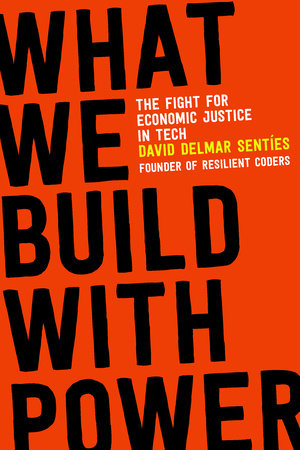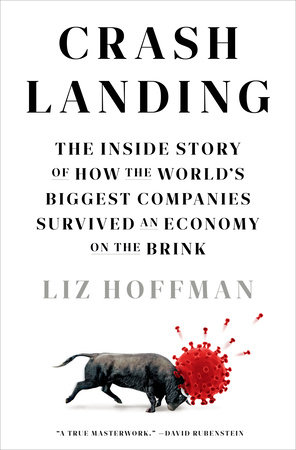One-sentence summary: Aftermath is about economic crises and their far-reaching consequences.
So, why did the financial system collapse, and what would you do to protect yourself in the aftermath?
How Can the Aftermath of a Range Affect Its Overall Performance?
The aftermath of a range can have a significant impact on its overall performance. When exploring the variety of options after a range, it is crucial to consider factors such as maintenance, cleanliness, and safety. Neglecting proper care can lead to decreased efficiency, increased energy consumption, and potential hazards. Regular maintenance and cleaning, as well as addressing any issues promptly, can help ensure optimal performance and extend the lifespan of the range.
Key Ideas
The key lessons in Aftermath are:
- Financial crises are not isolated events but are part of a recurring pattern throughout history, driven by complex factors like debt, currency, and geopolitics.
- The aftermath of a financial crisis can have profound effects on individuals and nations, including economic instability, political turmoil, and shifts in global power dynamics.
To navigate the turbulent waters of financial aftermath, individuals must be prepared, diversify their assets, and understand the role of gold as a store of value in times of crisis.
Navigating Financial Crises: Insights from “Aftermath”
Key Idea 1: The Recurring Pattern of Financial Crises
In James Rickards’ book, “Aftermath,” readers are presented with a compelling argument that financial crises are not isolated anomalies but rather recurring events shaped by intricate factors. Rickards delves into historical examples, such as the Great Depression and the 2008 financial crisis, to illustrate how these events follow a cyclical pattern rooted in debt, currency dynamics, and global geopolitics.
“The kaleidoscope of financial crises may appear different on the surface, but underneath, they share common elements—a fragile system, excessive debt, and a failure to heed warning signs.” – James Rickards
How to apply it: Recognizing these recurring patterns can help individuals and investors anticipate and prepare for future financial crises. It underscores the importance of staying informed about economic indicators, being cautious with debt, and diversifying investments to mitigate risks.
Key Idea 2: The Profound Impact of Financial Aftermath
Rickards emphasizes that the aftermath of a financial crisis extends far beyond the realm of economics. It can lead to economic instability, political upheaval, and shifts in global power dynamics. The author provides examples of nations experiencing social unrest and political change in the wake of financial collapses, underlining the ripple effects of these events.
“In the aftermath of a financial crisis, we witness not only economic fallout but also societal and political consequences that can reshape the world order.” – James Rickards
How to apply it: Understanding the broader implications of financial crises is crucial for making informed decisions. It encourages readers to consider the potential societal and geopolitical consequences when planning for their financial future.
Key Idea 3: Preparation and the Role of Gold
Rickards suggests that to weather the storm of financial aftermath, individuals must be prepared. He advocates for diversifying assets and highlights the historical role of gold as a store of value during times of crisis. By holding physical gold, investors can safeguard their wealth when traditional assets like stocks and bonds falter.
“Gold has withstood the test of time as a reliable store of value in times of uncertainty. It can provide a hedge against currency devaluation and economic turmoil.” – James Rickards
How to apply it: Rickards’ advice underscores the importance of including gold in a diversified investment portfolio. While not a one-size-fits-all solution, holding gold can offer stability and protection when financial storms hit.
Actionable Advice
- Diversify Your Investments: Spread your assets across different investment classes, including stocks, bonds, real estate, and precious metals like gold. This diversification can help reduce risk during financial crises.
- Stay Informed: Keep a close watch on economic indicators, government policies, and global geopolitical developments. Being well-informed about the financial landscape can help you anticipate and react to potential crises.
- Consider Gold as a Hedge: Allocate a portion of your portfolio to physical gold or gold-related assets. Gold has historically proven to be a reliable store of value during economic turmoil and can serve as a hedge against currency devaluation and financial instability.
Who is James Rickards?
James Rickards is a renowned economist, financial commentator, and author known for his expertise in complex economic and geopolitical issues. With a career spanning decades, Rickards has established himself as a prominent thought leader in the world of finance.
He has authored several influential books, including “Currency Wars” and “The Death of Money,” where he explores the intricacies of global financial systems and the potential threats they pose. Rickards’ work aims to demystify complex economic concepts, making them accessible to a broader audience.
As a staunch advocate for sound money and a critic of excessive government intervention in the economy, Rickards often aligns with libertarian economic beliefs. He emphasizes the importance of safeguarding wealth through alternative assets like gold and offers practical insights for individuals seeking financial resilience in an uncertain world.
Through his writings and public speaking engagements, James Rickards continues to shape discussions on economics, geopolitics, and financial preparedness.
Read These Next
You might like these similar books:
- “Currency Wars” by James Rickards
- “The Death of Money” by James Rickards
- “The Black Swan” by Nassim Nicholas Taleb
- “The Big Short” by Michael Lewis
- “Fooled by Randomness” by Nassim Nicholas Taleb

